#health science blog
Text


I’ve been feeling so ugly lately.
#mortuary science#study motivation#studyblr#academia#bookworm#dark academia#studyspo#dark acadamia aesthetic#literature#uni life#chaotic academia#black academia#study blog#study inspiration#study notes#studying#study#study aesthetic#healthy food#health#minimalist lifestyle#minimalist#minimalism
136 notes
·
View notes
Text
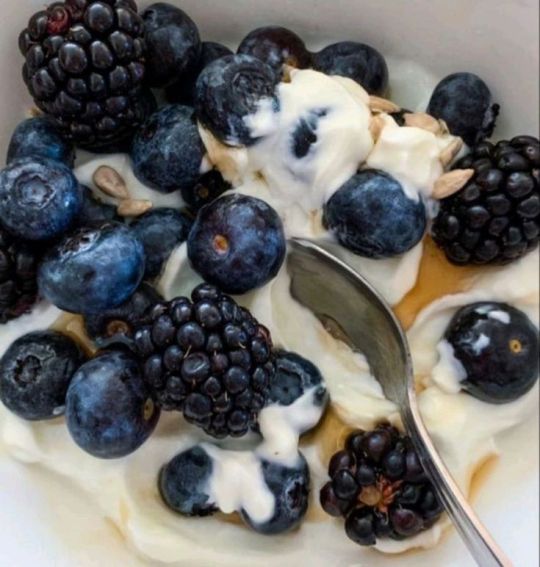
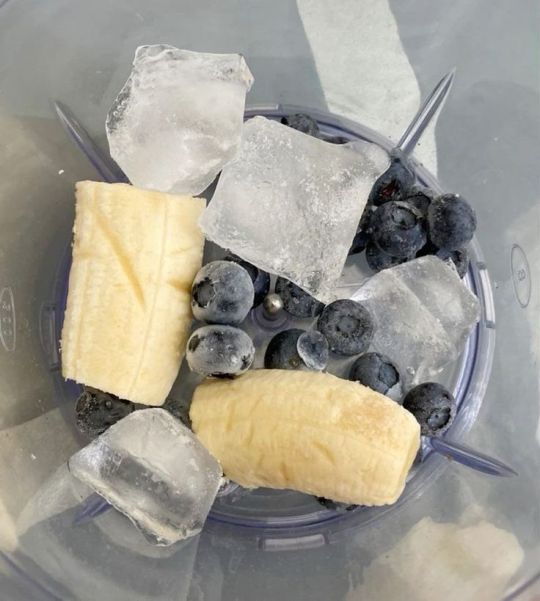
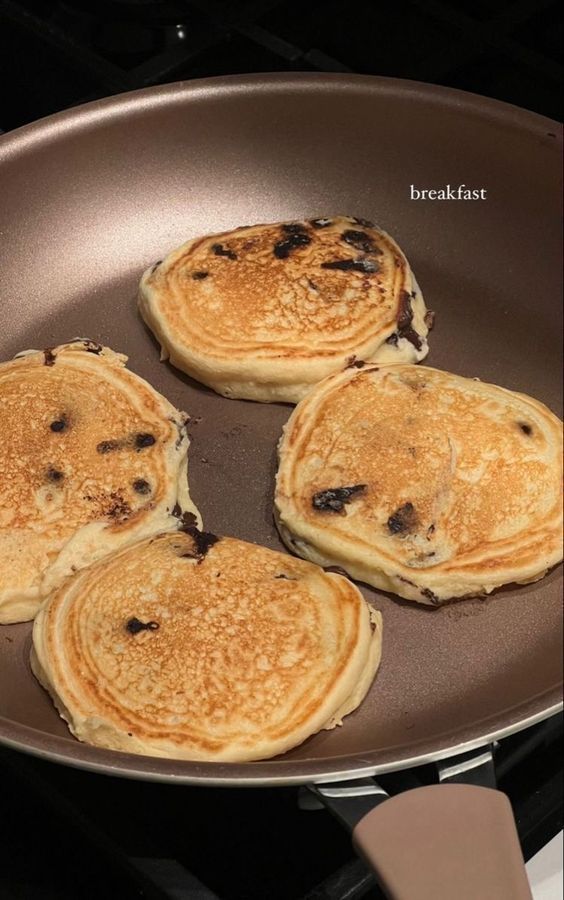
the effect of what (and how) you eat
okay, this is a big topic. and so this is a long post. i'm going to be going over the effect of what you eat and why it's important to think about what foods you are consuming. don't worry! i do my research-- at the end of the post will be a few resources, and i'll show where i've gotten my information.
lots of dietary advice is available over the internet, but often the people absorbing the information do not understand the why. knowing where your information is coming from,, and not believing everything you read online is key to actually maintaining a good, healthy diet.
before you read: TRIGGER WARNING THERE IS MENTION OF EATING DISORDERS,,
let's start with this: like everything in this age, food is a double-edged sword. overconsumption and underconsumption can both kill you. what you eat; how you eat--it can help or hinder whatever your goals may be.
here's the effect/s: the connection between diet and mental health is profound. while we’ve long understood that diet plays a crucial role in overall health, emerging research in the field of nutritional psychiatry sheds light on how what we eat directly impacts our emotional well-being and mental state.
the brain-gut connection: the gut is closely linked to the brain. trillions of living microbes in our gut have essential functions, including synthesizing neurotransmitters. these neurotransmitters send chemical messages to the brain, regulating sleep, pain, appetite, mood, and emotions.
to improve your gut health, here's what you can do:
by eating a varied diet that includes fruits, vegetables, whole grains, nuts and seeds, essential nutrients are provided which feeds the beneficial bacteria in the gut. high fibre foods promote gut health by supporting good bacteria.
fermented foods, such as yogurt, kefir, sauerkraut, kimchi, and miso are rich in probiotics—live beneficial bacteria that boost gut health. kombucha (a fermented tea) is another option.
avoiding reducing processed foods can reduce the diversity of good bacteria in your gut. when i say processed foods, i'm referring to ultra-processed foods, for example, fried foods and frozen meals. they may be easy and cheap, but they include preservatives, artificial colouring, chemical flavouring and texturing agents. all of which our bodies are not made to consume.
it's ignorant to tell you to avoid processed foods at all costs. that's not realistic, and a horrible mindset. instead, you should manage your intake. enjoy treats every now and then and don't punish yourself for it.
hydration is key to a healthy gut. water supports digestion and nutrient absorption.
stress management, eating well and exercise can also help your gut microbiome's health.
by having a healthy gut microbiome, you are helping your body to have lower chronic inflammation, have regular bowel movements and more effectively absorb nutrients. therefore, you will have a stronger immune system, have clearer skin and support your digestion and metabolism.
why eating protein matters: proteins are made of amino acids, which serve as the fundamental building blocks for various structures in our bodies. these amino acids are essential for forming enzymes, hormones, tissues, and DNA. protein is vital in maintaining and building muscle mass. when activities like strength training and physical exercise are engaged in, protein helps build and repair the muscles.
hemoglobin, a protein in our red blood cells, transports oxygen from our lungs to other tissues. without adequate protein, oxygen delivery would be compromised. antibodies, which defend against infections, are made of proteins. a well-functioning immune system relies on sufficient protein intake. collagen, a protein, maintains the integrity of our skin, hair, and nails. adequate protein supports healthy skin elasticity and wound healing.
the recommended dietary intake for protein relies on factors such as age, weight, height, gender, activity and overall health. remember that individual needs can vary, so consulting with a healthcare provider or registered dietitian is advisable to determine your specific protein requirements.
many diets exist that cut out entire macronutrients (keto for example) but that is not the way. each macronutrient has great importance in helping the body function.
carbohydrates are the body's (including the brain) preferred energy source. they enable muscle contraction during exercise and even at rest. carbs maintain body temperature, support heart function, and aid digestion.
the keto diet comes from the belief that when carbohydrates are not providing energy (are not being consumed), the body will use reserved energy stored in lipids (fat). while this is true, this diet is not maintainable-- it throws the body out of whack, storing more energy to maintain homeostasis.
fats provide energy and are essential for hormone production. they contribute to cell growth, brain health and vitamin absorption.
our brain is composed of ~60% fat. fats are essential for neurotransmitter production, affecting mood, cognition, and hormonal signalling. cholesterol, often associated with heart health, is a precursor for steroid hormones (testosterone, estrogen, progesterone). without adequate cholesterol, our body cannot produce these essential hormones.
effects of diet on mood: firstly, going long periods without eating can cause a drop in blood sugar levels, leading to tiredness and irritability. secondly, consuming excessive amounts of food can make you feel tired and lethargic.
choosing the right carbohydrates can help maintain blood sugar levels. our brain primarily runs on glucose (obtained from carbohydrate-rich foods). you can opt for slow-release carbohydrates to maintain steady energy levels. slow-release carbohydrates (a.k.a low GI food) provide a more sustained and gradual release of energy compared to other carbohydrates. examples include fruits, vegetables, whole grains (grainy bread, brown rice, oats) and sweet potatoes. high GI foods rapidly spike blood sugar levels due to their quick digestion and absorption.
going too long without eating can lead to low blood sugar levels, resulting in irritability and fatigue. overeating to discomfort can also leave you feeling tired and lethargic. consistent, moderate-sized meals help maintain stable blood sugar levels and promote an even mood.
i know, overeating is an issue that one cannot simply 'turn off'. it's important to know the psychology, and if you struggle with it--please talk to a health professional.
here is what i can tell you about overeating:
overeating is typically a learned behaviour and habit. certain foods are associated with pleasure and reward. when enticing food is encountered, we engage in eating behaviour and immediately experience pleasure. this reinforces the habit, making it challenging to change.
overeating may be serving as a coping mechanism for emotions. when feelings of sadness, disappointment, frustration, or even joy arise, someone may turn to food. emotional eating provides temporary relief, reinforcing the behaviour.
the first delicious bite triggers pleasure, satiates our appetite, and improves our emotional state. our memory associates this reward process with eating, leading us to continually seek that pleasure. this is due to immediate reward.
people with eating disorders may disregard their health, body, body image and lifestyle goals. they use food as a way to punish themselves and gain control over their life. restrictive eating disorders can lead to 'binging behaviour'. bingeing serves as a way to numb emotions. anxiety, stress, and depression can trigger binge behaviours. consuming certain foods or substances (like junk food or alcohol) releases dopamine, the “feel-good” neurotransmitter. this chemical rush can lead to physical addiction, reinforcing bingeing. a culture (unfortunately which is abundant in the world today) that emphasizes consumption as a measure of worth can contribute to bingeing. messages about thinness, drinking, and material possessions can drive these behaviours.
i hate that i am having to say this but alcoholism is bad. and caffeine addiction is bad. in no way is harming your health aesthetic or 'a vibe'.
limiting caffeine and alcohol can also improve mood. again, i'd like to stress that there is never going to be one perfect diet, and allowing yourself to enjoy whatever food you like is perfectly fine- as long as you are doing so in moderation.
everything is a balance.
resources/further reading, to end:
Fat Requirements For Optimal Hormonal Health - Clean HealthHow Dietary Fat Benefits Hormones - Women's International Pharmacy (womensinternational.com)
The truth about fats: the good, the bad, and the in-between - Harvard HealthDietary fats | healthdirectMacronutrients: Definition, importance, and food sources (medicalnewstoday.com)Know Your Macros-Why Macronutrients Are Key to Healthy Eating | Cedars-SinaiWhy the Proper Balance of Macronutrients is Vital for Good Health - Functional Diagnostic Nutrition
What Is Protein & Why Do You Need It? (eatingwell.com)Protein: Why Your Body Needs It (webmd.com)Protein | The Nutrition Source | Harvard T.H. Chan School of Public HealthBinge-Eating Disorder (Compulsive Overeating) | Psychology Today AustraliaThe Psychology Behind Binge-Watching | PsychregBingeing: Why It Happens and What You Can Do About It (greatist.com)
Understanding Overeating: The Psychology Behind It - Listen-HardWhy stress causes people to overeat - Harvard HealthThe Truth About Overeating | Psychology TodaySlow-release carbs list (medicalnewstoday.com)Why understanding carbs (and how to count them) matters | Diabetes UK
Food and your mood - Better Health ChannelHow food can affect your mood | Nutrition AustraliaStress-related stomach pain: When to see a doctor - UChicago MedicineWhat Is Gut Health? A Comprehensive Guide to Digestive Wellness | U.S. News (usnews.com)Why Gut Health Matters More Than You Think | Well.Org
Probiotics: What They Are, Benefits & Side Effects (clevelandclinic.org)Probiotics: What You Need To Know | NCCIH (nih.gov)What should I eat for a healthy gut? - BBC FoodLet’s Eat: How Diet Influences the Brain (brainfacts.org)
i know the fact that the resources are one big block may be annoying, but i don't have the commitment to in text reference lmao. hours of research and writing for a blog post, yes, but in text referencing is just too far.
i hope you learnt something
❤️joanne
#elonomh#elonomhblog#student#student life#academia#chaotic academia#productivity#study blog#that girl#becoming that girl#sports science#anatomy#health science#health and wellness#healthy life#healthy lifestyle#wellness and health#mental health#health & fitness#healthylifestyle#health tips#wellness aesthetic#wellness girl#wellness moodboard#wellness#wellbeing#healthy living#vitamins
79 notes
·
View notes
Text
#science#science communication#scicomm#science education#stem#science blog#biology#physics#medical science#health#medical mystery#medical research#genetics
63 notes
·
View notes
Text
You really will find your passion. Even if it’s not something typical, even if others don’t understand it. There’s something in the world calling to you, and when you find that joyful thing follow it! It’s so easy to tell ourselves we just don’t have a passion, but you do! It doesn’t have to be about work, or success. If it makes your heart light up, that is enough.
#passion#mental health#self love#suggestions#suggestion blog#finding your passion#studyblr#education#hobbies#art#science
1K notes
·
View notes
Text
#poll blog#random polls#silly polls#stupid polls#polls#silly poll#tumblr polls#poll#science poll#feelings#emotional intelligence#emotional literacy#emotional balance#this or that#would you rather#pick one#either or#one or the other#autistic poll#feelings of the day#accomplishments#gratitude#grateful#celebrate the small wins#be grateful#gratitude journal#mental health tips#mental health#self care#self improvement
8 notes
·
View notes
Text

—Nothing binds you..
Except your thoughts.
—Nothing limits you..
Except your fears.
—Nothing controls you..
Except your beliefs!..
#books#science#art#vegan#fitness#fashion#gold#tumblog#tumeric#temple#world#planets#mental health#strength#girl blogger#blogging#publishing#enlightenment#english#usa#spiritual enlightment#shiva#plants#seeds
3 notes
·
View notes
Text

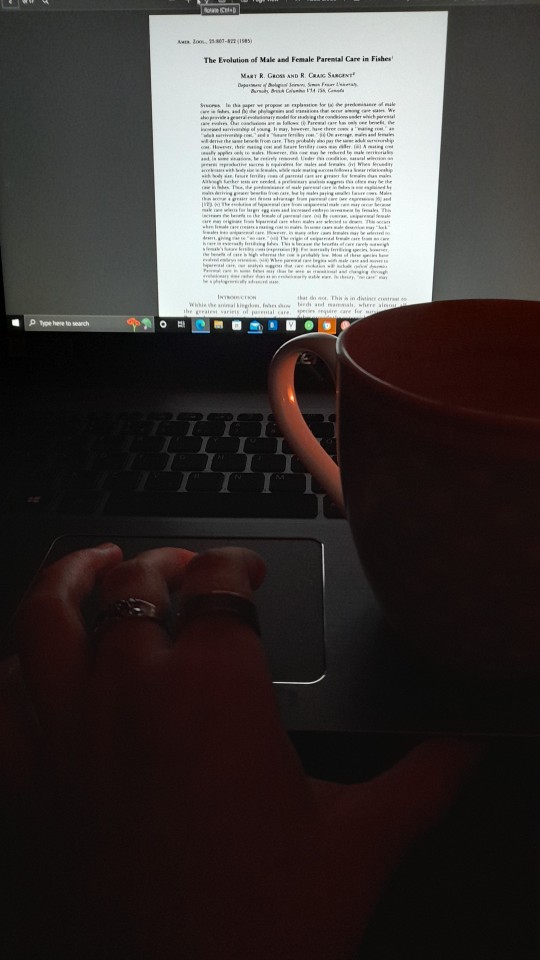
Semi-successfully existing. Chronically exhausted.
🎧The Deepest Sighs, the Frankest Shadows - Gang of Youths
#studyblr#studying#studyspo#study blog#studyspiration#zoology#mine#mine.txt#mental health#mentally tired#very tired#autumn academia#dark academia#dark aesthetic#science#biology#marine biology#coffee#decaf because I'm not crazy#more of a tea person#i do love a candle#study hard#zoologist#scienceblr#study#study aesthetic#student#dark acadamia aesthetic#dark photography#study space
29 notes
·
View notes
Text
Can i lose weight by dieting only
Embarking on a weight loss journey is a common goal for many individuals worldwide. The question that often arises is, "Can I lose weight by dieting only?"
This comprehensive article explores the effectiveness of weight loss through dietary changes alone, shedding light on its possibilities, challenges, and the key factors that contribute to success. Continue reading
#health#health is wealth#health tech#health services#health science#health journey#health blog#health & fitness#health benefits#health news#weight loss#weight lifting#weight loss journey#fat loss#exercise#weight goals#weightloss#weight mention#weight management
3 notes
·
View notes
Text

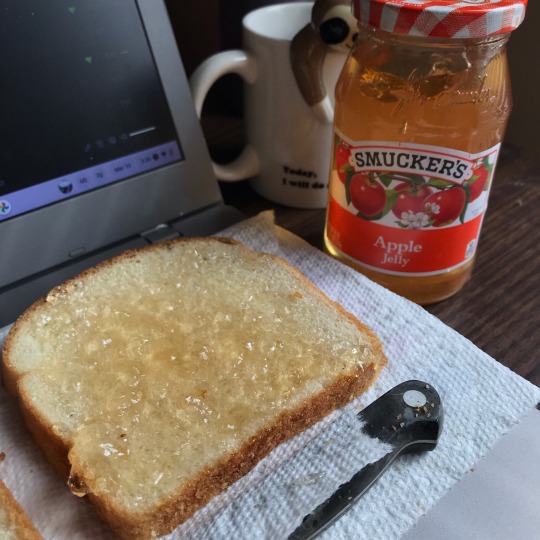
march 9-15
the week started so cloudy and rainy but now it’s really sunny! we learned about gender and health :) i still have to write an essay tonight about possibilities for why there’s so many biopsychosocial differences in illness and symptoms depending on gender but i’m not feeling it at all 😔 i want corn dogs. 99 cent corn dogs from sonic mm
also this was my first studyblr post is it too cringe
12 notes
·
View notes
Text

That's how I had breakfast today, it's not very tasty, but it will work, it's probably very high in calories. Because of pregnancy, I began to look fuller than usual
#animals#health & fitness#barbie#beauty#pinterest#anasilens-blog#celebrities#kpop#anasilensblog#husband#uk#gay#lana del rey#humor#new york#disordered eating thoughts#writing#science#ed bllog#cars#naruto#my writing#blog#bg3#basketball#beautiful#motors#life#lit#journal
5 notes
·
View notes
Text
Will math solve the climate crisis 🌍? It’ll certainly help, and our next guests on Third Pod are using math to break the climate puzzle down into solvable pieces.
Check out the preview for our latest series, Solving For Climate!
2 notes
·
View notes
Text
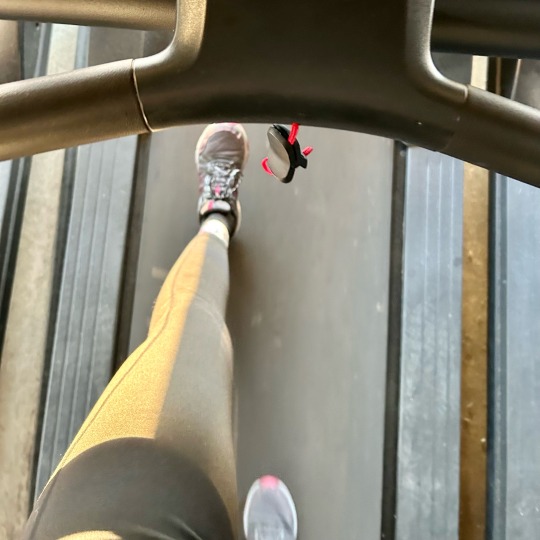
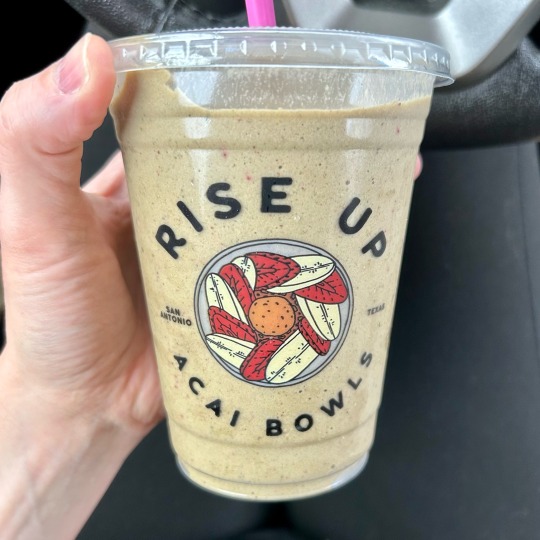
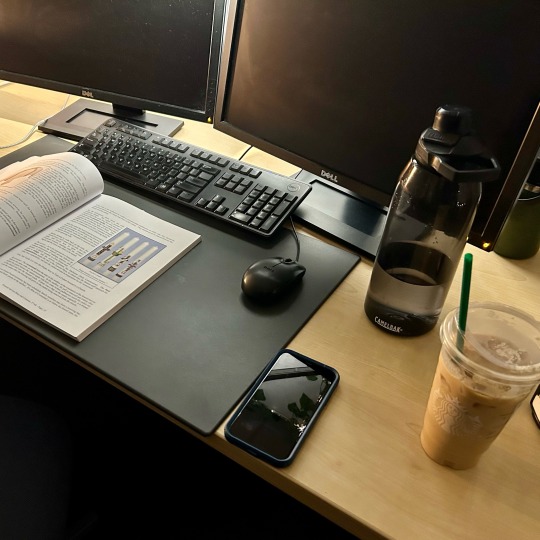
Photos from this week. I’m in my glow up era, I suppose.
#mortuary science#study motivation#studyblr#academia#bookworm#dark academia#studyspo#dark acadamia aesthetic#literature#uni life#studyinspo#study blog#study inspiration#study notes#studying#study#study aesthetic#workout#that girl#that woman#fitness#health#vegan#healthy food#intheobituaries
64 notes
·
View notes
Text
me, attempting to write a pregnant character: I wonder what symptoms she'd be experiencing at around six months. I should look it up.
every goddamn fucking pregnancy and motherhood page in the entire world: You GOT this, you girlboss, you! You're going to be one 🎀badass mama llama!!🎀 If you don't follow every item on this 450-page list, your baby will hate you forever!!! But you totes got it, GURL!💕🤪⭐️ Have that 🌺unassisted home birth!!!🌺 Never EVER use painkillers or your baby will 🌷hate🌷 you because of the 💐toxins💐 😘 Breast is best!!! $85 designer pajamas your baby will only fit for 2 months are best!!!!!!!! Medicine = chemicals = you're a bad parent 💖🤗 Here's a downloadable PDF about everything you're doing wrong, mama! Isn't motherhood such a 🌸blessing🌸, mama? If you don't sacrifice your entire identity to motherhood, your Kaymbreigh and Braylynne will hate you FORVER 😚💋💏 BUT YOU GO GIRL, MAKE THAT BABY!!!! 💖💕💓💞💝
#seriously it's so obnoxious#every other page for every other health-related question is like hi. here's some basic info#but pregnancy? hoooo boy#everything is weirdly judgmental and crunchy but written with this overly supportive girlboss tone#it'll be like “if you ever so much as THOUGHT about an epidural your baby will murder you. YAY GIRLBOSS GO GIRL YOU GOT IT MAMA BEAR”#i have to wonder how much of it is related to these blogs promoting really anti scientific practices#they're always like YASSS GURL you know more than every doctor#YASSS TRUST THEM MOTHERLY INSTINCTS and don't vaccinate!!!!#they're only supportive because they want to make pregnant women confident enough to reject established science#(and I know there's a whole conversation to be had about different parenting styles and the medicalization of birth and whatever#but this is not that.#it's all garbage about how essential oils are way better than antibiotics and how mental illness is a sham to put chemicals in your body.)
3 notes
·
View notes
Text
#science#science communication#scicomm#stem#science education#science blog#biology#covid19#covid#coronavirus#vaccination#public health#pandemic#nobel prize#nobel peace prize
42 notes
·
View notes
Text
Publications and Procrastination
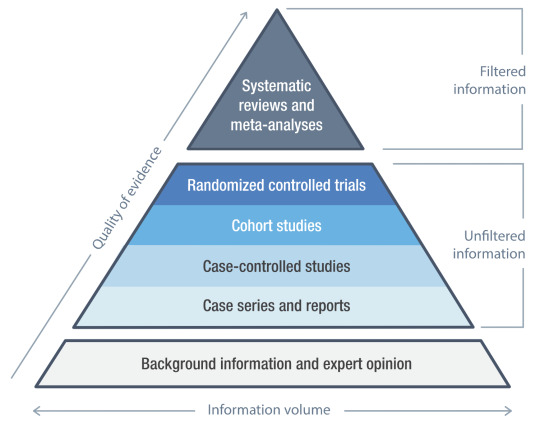
In 6 months I have reviewed over 400 peer-reviewed papers and analysed all the available literature that focuses on the use of cannabidiol (CBD) within the autistic population; and yes! I have encountered some hurdles that I didn't think would happen to me (perfectionist ego everyone!).
When I originally submitted my research proposal to the university for review I intended to have my systematic review of reviews completed and published within four months. It's now mid-July and boy! I was wrong! I was very optimistic to say the least and now I have a publication to submit for review and my confirmation of candidature due by the end of August.
So why? Why a systematic review? and why a systematic review of reviews? Let me elaborate . . . .
Research studies are assigned levels of evidence based on their methodology, the pyramid displays this hierarchy of evidence. Systematic reviews are the strongest evidence and most reliable source of filtered information within the research community. So naturally it was where I chose to begin, by reviewing all the literature relating to CBD and ASD.
Now, I had a lot of personal matters that affected my progress in completing my publication and emotional burnout is something I didn't expect! Life happens right? I had been productive and successful in the past with my studies. Nope! not this time. My emotional burnout lead to decreased motivation, decision fatigue, increased procrastination and cramming.
Unfortunately, in 2021 I was involved in a workplace incident that has affected my physical and mental health well into 2022. A close family-member was diagnosed to be terminal and earlier this year I spit with my fiancé of three years. All of these personal events lead to period of extreme emotional burnout. So I would like to share with my fellow academics some of the ways in which I have navigated my way through emotional burnout in HDR.
Contact your primary supervisor, explain your situation and ask for advice.
Identify 'office hours' for your research, treat it like a job!
Revise your project timeline and make adjustments with support from your primary supervisor.
Contact the HDR at your university to extend deadlines, such as confirmation of candidature, progress reports and submission deadlines.
Micro-task your to do list into a must-do for each day.
Identify the best time of the day for productivity and write during this time - write that publication - write your thesis - write that protocol.
Be kind to yourself . . . . from my experience everyone wants to see you succeed in your post-grad journey.
So be kind to yourself and cut yourself some slack, post-grad is a marathon not a sprint. If you are a post-grad student, supervisor or a student considering post-grad studies or you are interested in my research. You can reach out via my instagram @studywithmaddi or through email - [email protected]
StudywithMaddi x
#study blog#study motivation#studying#studyinspo#education#autism#neurodiversity#research#chaotic academia#master thesis#university#student life#studywithmaddi#student#medicinal cannabis#autism spectrum disorder#dark academia#Brisbane#queensland#health sciences#naturopathy#complimentary#medicine#psychosocial#journey#personal post#personal blog#research proposal
8 notes
·
View notes
Text
#history#highlights#happy#steve harrington#boku no hero academia#health#wellness#healthcare#health tips#nutrition#healthandwellness#fitness#black and white#breaking news#beach#blog#basketball#science#sports#seo#shitpost#stranger things#soundcloud#stray kids#quotes#book quote#quran#life quote#queue#fashion
4 notes
·
View notes